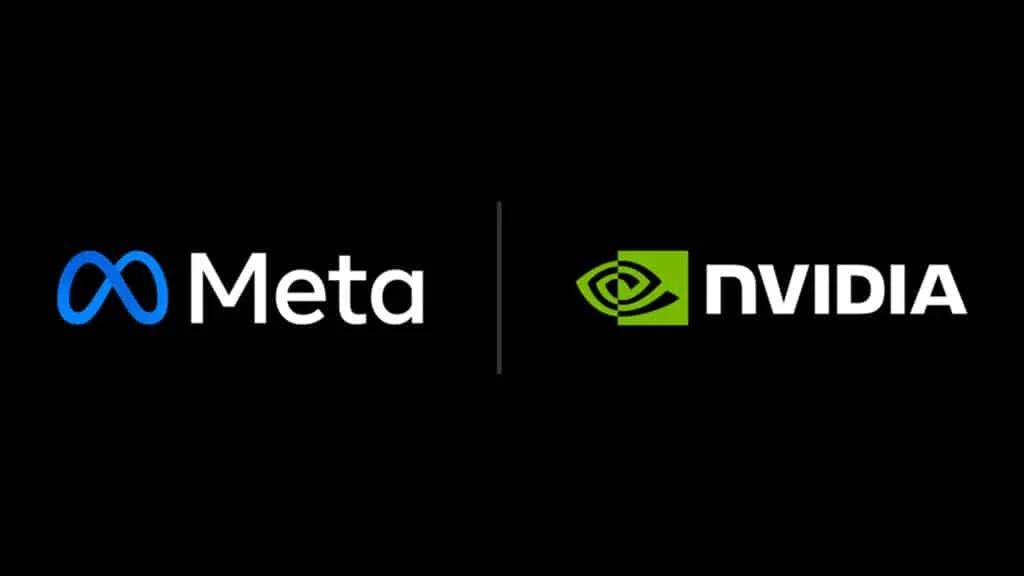The News: Elastic the company behind Elasticsearch, announced financial results for its second quarter (Q2) of fiscal 2024 ended October 31. Read the full press release on the Elastic website.
Elastic Reports Strong Q2 Fiscal 2024 Financial Results: A Deep Dive
Analyst Take: Elastic, the company behind Elasticsearch, has just released its Q2 fiscal 2024 financial results, and the numbers are impressive. The AI landscape has witnessed explosive growth recently, with businesses across various industries embracing AI to enhance efficiency and decision-making. Another notable market trend is the surge in interest and adoption of vector search, driven by its ability to deliver highly relevant and context-aware search results, revolutionizing how information retrieval is conducted in the digital age. Both are tailwinds for Elastic.
The standout figure from Elastic’s Q2 report is the revenue, which reached a remarkable $311 million and represents a substantial 17% year-over-year (YoY) growth (or 16% on a constant currency basis). Elastic Cloud revenue also surged, hitting $135 million, marking an impressive 31% YoY increase (or 30% in constant currency). These numbers reflect Elastic’s continued commitment to innovation and customer-centric solutions.
Ash Kulkarni, the CEO of Elastic, expressed his satisfaction with the results, stating, “We exceeded our expectations across both revenue and non-GAAP operating margin.” He attributed this success to Elastic’s investments and innovations in AI, which have continued to engage and excite customers. Notably, generative AI is driving renewed interest in search, with customers leveraging semantic search, vector search, and hybrid search to align large language models (LLMs) with their private business contexts. Elastic’s Elasticsearch Relevance Engine is at the forefront of providing an enterprise-ready platform for these use cases.
Key Metrics and Business Highlights
Elastic’s Q2 report also includes key metrics and recent business highlights that underscore the company’s growth and influence in the industry.
Customer Metrics: Elastic’s total subscription customer count now stands at approximately 20,700, compared with about 20,500 in the previous quarter. Additionally, the number of customers with Annual Contract Value (ACV) greater than $100,000 has risen to over 1,220, reflecting Elastic’s ability to attract and retain high-value clients. The Net Expansion Rate, a crucial indicator of customer satisfaction and growth, stands at an impressive 110%.
Product Innovations: Elastic continues to innovate with product updates, including the general availability of the updated Elastic Learned Sparse EncodeR. ELSER is a retrieval model trained by Elastic, enhancing search results through semantic search. The introduction of Elasticsearch Query Language (ES|QL) simplifies data aggregation and analysis across various data sources, benefiting site reliability engineers, developers, and security professionals.
Universal Profiling, now in general availability for Elastic Observability, streamlines the process by adding a new signal without requiring code instrumentation or service restarts. Collaborations with LangChain have resulted in reference architectures for generative AI applications, expanding Elastic’s reach and capabilities in the AI space.
Cloud Security and Threat Landscape: Elastic continues to prioritize security. It has delivered Cloud Security Posture Management for Google Cloud, offering customers robust security for their workloads on the Google Cloud platform. Furthermore, out-of-the-box integrations with Wiz and Palo Alto Prisma Cloud provide an extensive view of the threat landscape within the Elastic platform.
M&A and Strategic Collaborations: Elastic’s strategic moves include the acquisition of Opster, creators of AutoOps, and a new global Strategic Collaboration Agreement (SCA) with Amazon Web Services (AWS).
Financial Outlook
Elastic is optimistic about its future financial performance. For the third quarter (Q3) of fiscal 2024, the company anticipates total revenue between $319 million and $321 million, reflecting a 17% YoY growth at the midpoint. Non-GAAP operating margin is projected to be between 11.5% and 12.0%, with non-GAAP earnings per share (EPS) ranging from $0.30 to $0.32.
Looking ahead to fiscal 2024, Elastic expects total revenue between $1.247 billion and $1.253 billion, representing 17% YoY growth at the midpoint. Non-GAAP operating margin is predicted to fall between 10.25% and 10.75%, with non-GAAP EPS ranging from $1.06 to $1.15.
Looking Ahead
Elastic’s Q2 fiscal 2024 financial results demonstrate robust growth, driven by innovative products and a commitment to customer satisfaction. With a focus on AI, security, and strategic collaborations, Elastic is poised for continued success in the rapidly evolving technology landscape.
In the competitive landscape of data preparation and curation within the enterprise AI space, the role of search, particularly vector search, has become increasingly pivotal. Businesses are seeking solutions that refine data and leverage advanced search capabilities such as vector search to enable context-aware information retrieval, giving them a competitive edge in extracting meaningful insights from their curated datasets for AI-driven decision-making. It will be crucial for Elastic to position itself to align with this thematic trend. As it navigates the challenges and opportunities ahead, Elastic remains a leader in delivering search-powered solutions that provide answers, not just data.
Disclosure: The Futurum Group is a research and advisory firm that engages or has engaged in research, analysis, and advisory services with many technology companies, including those mentioned in this article. The author does not hold any equity positions with any company mentioned in this article.
Analysis and opinions expressed herein are specific to the analyst individually and data and other information that might have been provided for validation, not those of The Futurum Group as a whole.
Other insights from The Futurum Group:
Elastic Delivers Revenue Growth, Fueled by Adaptive Market Positioning
A Conversation with Elastic’s CEO Ash Kulkarni About the Company’s 2023 Sales Kick Off
Elastic Reports Fourth Quarter and Fiscal 2023 Financial Results
Author Information
Steven engages with the world’s largest technology brands to explore new operating models and how they drive innovation and competitive edge.







